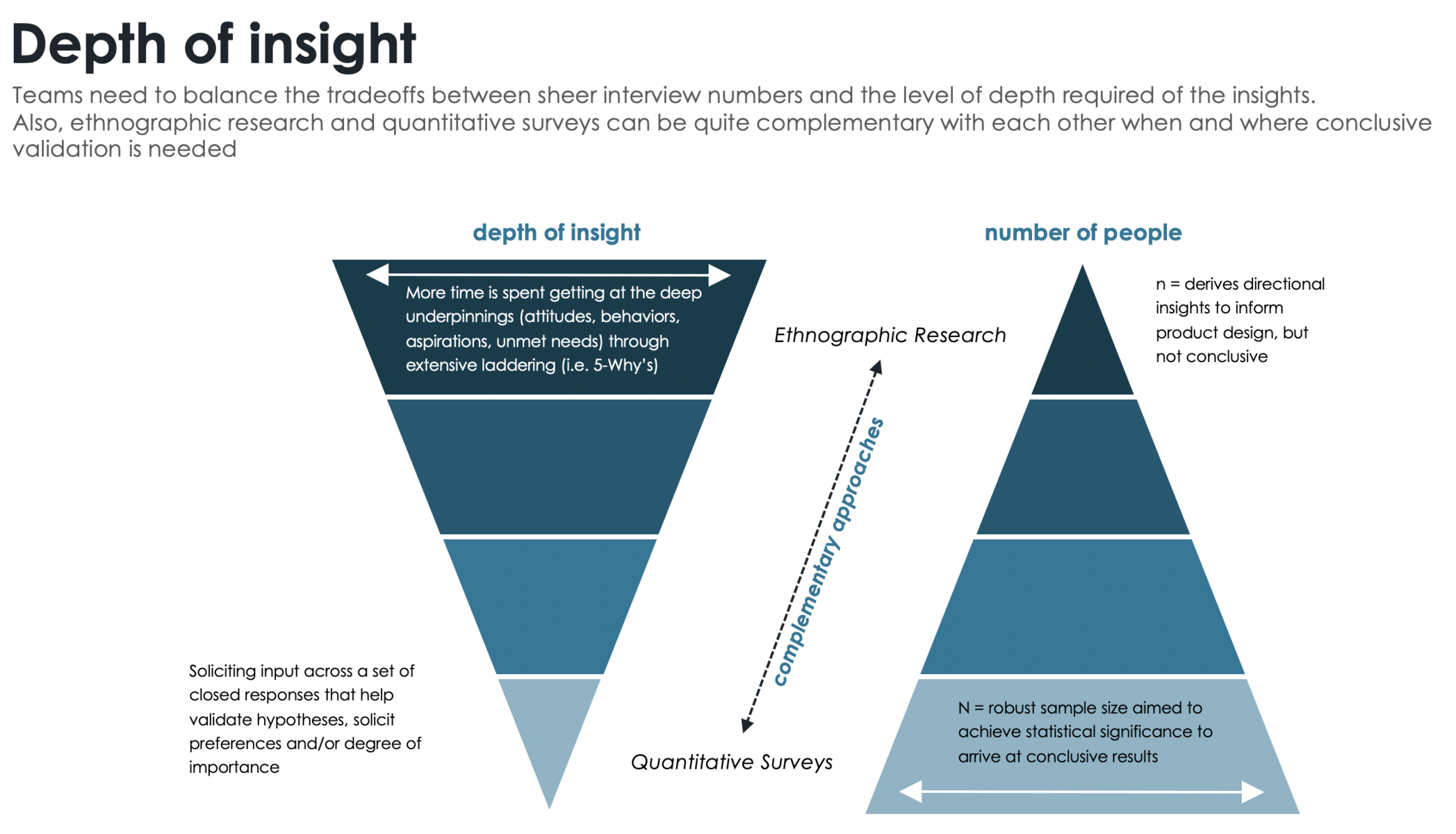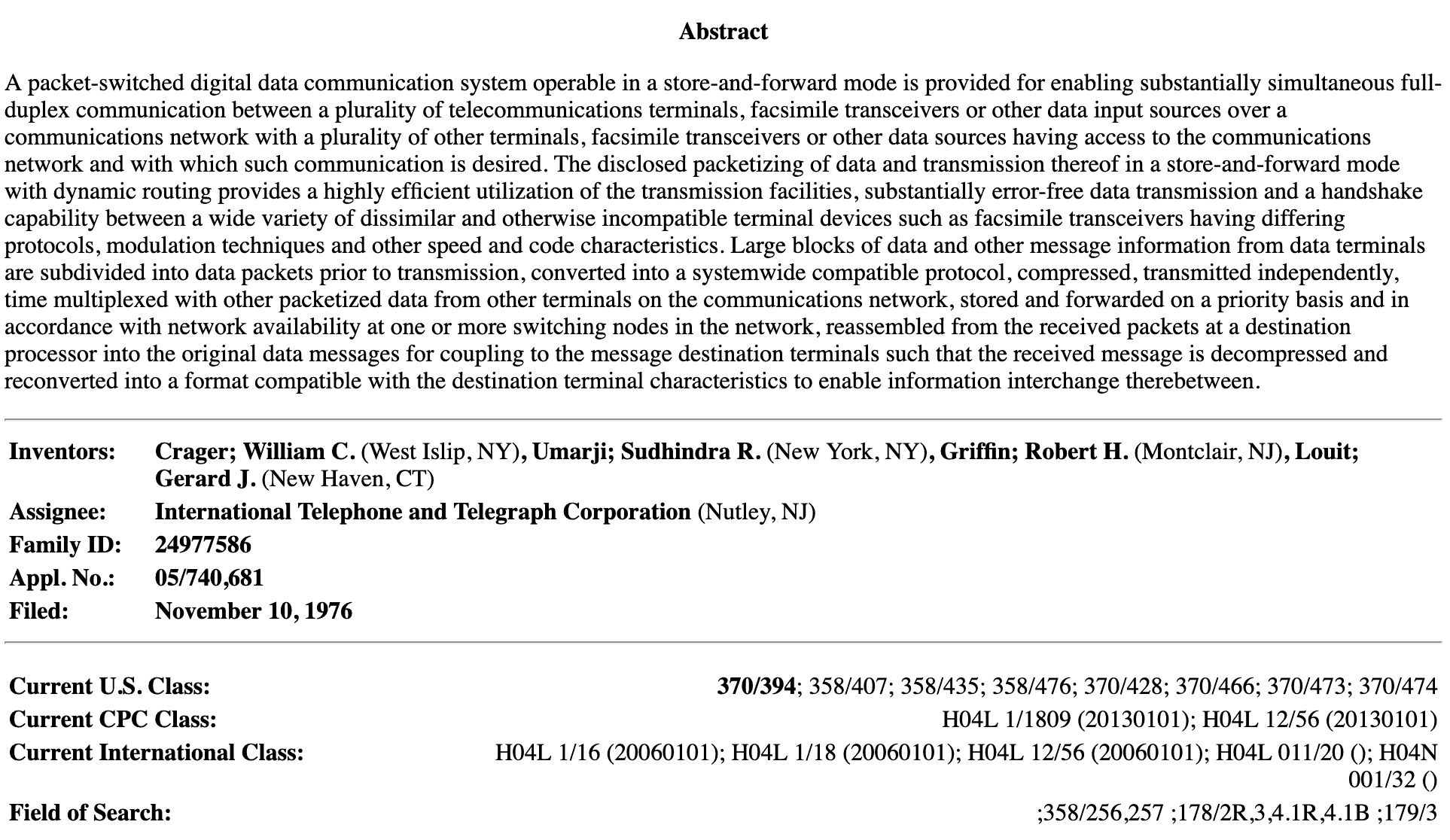MIT Professor Fernando Corbato: “Your explanation of the origin of the word daemon is correct in that my group began using the term around that time frame.
http://www.takeourword.com/TOW129/page2.html
(Search on ‘Maxwell’ to locate the pertinent paragraph.)” —Take Our Word
“Demon and daemon were once used interchangeably. The former came to English from medieval Latin, while the latter was from classical Latin. The earliest use appears to have been in the phrase daemon of Socrates, which was his “attendant, ministering, or indwelling spirit; genius”. That was in the late 14th century. It was a short time later that the term demon came to refer to “an evil spirit” by influence of its usage in various versions of the Bible. The Greek form was used to translate Hebrew words for “lords, idols” and “hairy ones (satyrs)”. Wyclif translated it from Greek to English fiend or devil. This is how the evil connotation arose. By the late 16th century, the general supernatural meaning was being distinguished with the spelling daemon, while the evil meaning remained with demon. Today daemon can mean ‘a supernatural being of a nature intermediate between that of gods and men’ or ‘a guiding spirit.’
The 19th century scientist James Maxwell once daydreamed (the polite term is ‘thought experiment’) about a problem in physics. He imagined a closed container which was divided in half. In the middle of the divider was a tiny gate, just large enough to admit one molecule of gas. This gate, in Maxwell’s imagination, was operated by a tiny daemon. This daemon observed the speed (i.e. temperature) of the molecules heading for the gate and, depending on the speed, let them through. If he let only slow molecules pass from side A to side B and only fast molecules pass from side B to side A, then A would get hot while B cooled. Maxwell’s daemon was only imaginary, of course, but as it seemed to evade the laws of thermodynamics it caused quite a stir. Eventually, though, the theory of quantum mechanics showed why it wouldn’t work.
As you probably know, the ‘system processes’ called daemons monitor other tasks and perform predetermined actions depending on their behavior. This is so reminiscent of Maxwell’s daemon watching his molecules that we can only assume that whoever dubbed these “system processes” had Maxwell’s daemon in mind. Unfortunately, we have found no hard evidence to support this.
We also assume that this is the meaning behind the daemon.co.uk, host to many United Kingdom web sites.” —Take Our Word



